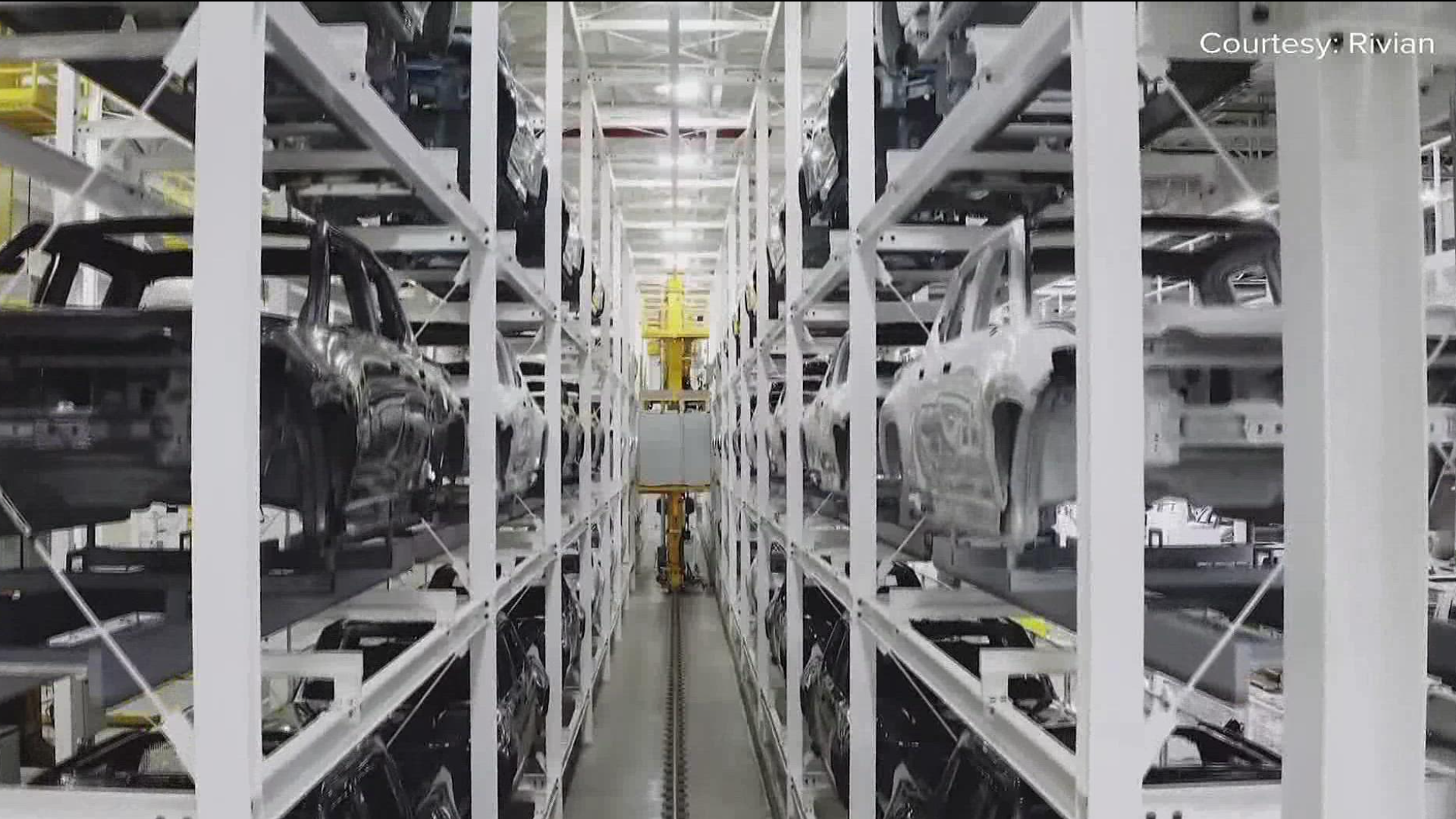RUTLEDGE, Ga. — It’s been two months since Rivian Motors announced it will build a new electric truck plant in Georgia. Many of the details about the state’s subsidies for the plant remain under wraps, and a lot of opposition has arisen in the community where it’s planned to take root.
State officials have declined to release exactly how much taxpayers will be on the hook for the Rivian plant—saying the deal is still under negotiation. Skeptics say that should raise some red flags about the project.
"It’s hard to understand why the cost numbers haven’t been released yet," said Dr. J.C. Bradbury, an economist at Kennesaw State University.
The Rivian assembly plant would produce new electric pickup trucks from a sprawling assembly plant east of Atlanta. The state lured Rivian to the site with taxpayer-backed incentives—reportedly worth at least $150 million.
RELATED: Perdue blasts Kemp, Rivian deal
"We know there’s incentives the state is giving out to get Rivian to come here, but we don’t know how much it’s going to cost taxpayers," Bradbury said. "If it wasn’t that much--or it was such a good deal--you'd think that would be released early on. That’s what concerns me the most."
Bradbury says Rivian’s electric trucks may turn out to be cutting-edge automotive technology and may actually produce the 7,500 jobs promised.
But because the company has a very limited track record, he says the whole project is a gamble.
"It’s not necessarily a known company with a track record of producing something that’s been successful. It’s an unknown commodity," he said.
Rivian has also run into substantial opposition from residents living near the plant site and from politicians like gubernatorial hopeful David Perdue, looking to score points against his GOP primary opponent Gov. Brian Kemp, whose administration lured Rivian to Georgia.
Georgia residents can find a cautionary tale in Wisconsin, where a company promised to manufacture billions of dollars worth of TV sets and drew then President Trump to the groundbreaking, only to downsize afterward. That state-subsidized project is still pending.
The Rivian project has barely gotten started.
"It might succeed and be a very profitable endeavor. But it might not," Bradbury said.
The economic risks has been largely overshadowed by local opposition to the Rivian plant, as well as the political opposition in an election year. They are wild cards that state officials had hoped to avoid.

